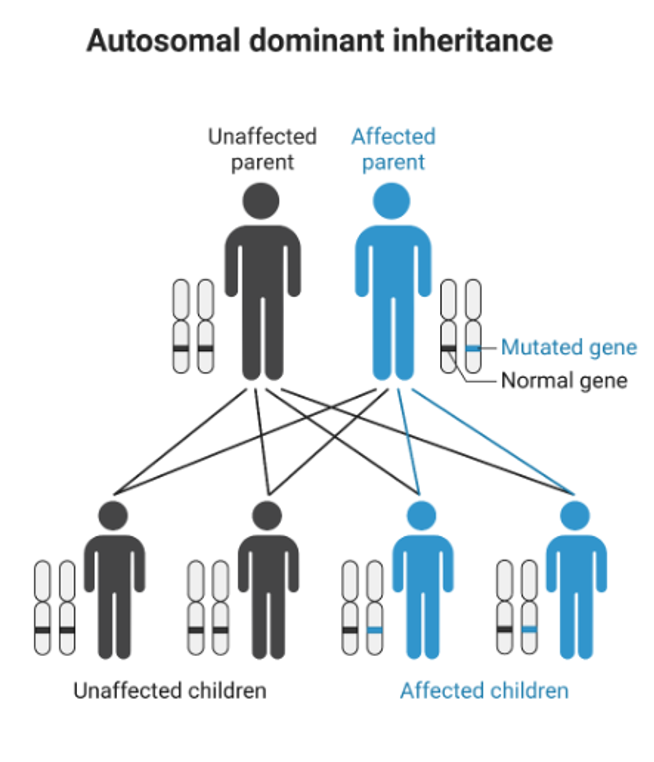
Rare Genetic Condition
GIGYF1 Related Syndrome
A rare genetic condition caused by changes in the GIGYF1 gene, affecting brain development and resulting in challenges with speech, learning, and behavior, including features of autism.
Fewer than 100 cases have been identified globally
Key Facts About GIGYF1 Related Syndrome
Understanding the key characteristics and prevalence of this rare genetic condition helps families and healthcare providers better support affected individuals.
Rarity
<100
Cases identified globally
Primary Effects
Speech challenges
Learning difficulties
Behavioral differences
Features of autism
Inheritance
De Novo
Most cases are spontaneous, not inherited
Understanding the GIGYF1 Gene
Normal Gene Function
Helps regulate how brain cells grow and communicate
Interacts with the IGF-1 receptor system
Important for brain cell growth, learning, and memory
When Changes Occur
Genetic variants disrupt normal brain development
Most changes happen spontaneously ("de novo")
Usually not inherited from either parent

Genetics & Inheritance
How Genetic Variants Occur
GIGYF1-related syndrome is a genetic condition caused by variants in genes. Every child gets two copies of the GIGYF1 gene: one from their mother's egg and one from their father's sperm.
While parents usually pass on exact copies of the gene, the process of creating eggs or sperm is not perfect. Changes in the genetic code can lead to physical or developmental issues.
De Novo Variants
De Novo: A brand new genetic variant that happens in the sperm, egg, or after fertilization. The child is usually the first in the family to have the genetic variant.
We all have some de novo variants, most of which don't affect our health. However, because GIGYF1 plays a key role in development, variants in this gene can have a meaningful effect.
Research shows that GIGYF1-related syndrome is often the result of a de novo variant. Many parents who have had their genes tested do not have the GIGYF1 genetic variant found in their child who has the syndrome.
If One Parent Carries the Variant
50%
Chance of passing it to each child
If Neither Parent Carries the Variant
~1%
Chance of having another child with GIGYF1-related syndrome
Rare Disease Fact Sheet
Quick Facts about GIGYF1-Related Syndrome:
Gene name: GIGYF1
Discovery: First described in 2014
Known cases (2024): ~67 individuals worldwide
Most common symptoms: Autism features, speech and language delays, learning challenges
Diagnosis: Through genetic testing (whole exome or genome sequencing)
Inheritance: Mostly de novo; some inherited
Treatment: No specific drug therapy yet; supportive care recommended (speech therapy, occupational therapy, IEP planning)

